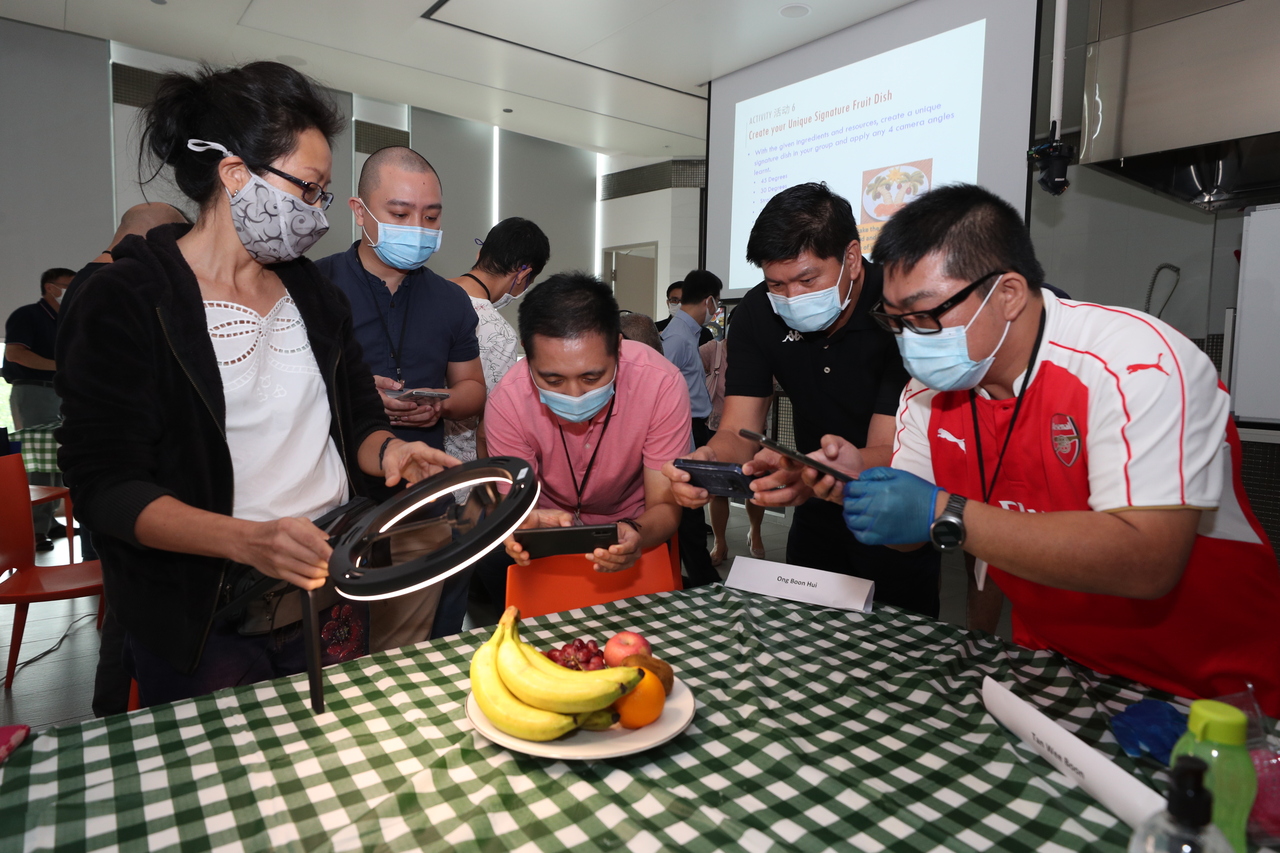Coronavirus: Scheme disbursing $500 to hawkers who engage food delivery platforms extended until end-2020


SINGAPORE - A scheme that disburses one-time grants of $500 to hawkers who sign up to food delivery platforms will be extended to the end of the year.
The fund started in April and was initially due to end on June 30, but applications have continued to be accepted.
Cooked food stallholders operating at hawker centres managed by the National Environment Agency (NEA) or by its appointed operators are eligible for the scheme.
Around 1,200 applications had been approved as at Aug 21, noted Senior Minister of State for Sustainability and the Environment Amy Khor on Friday (Aug 28).
The initiative will alleviate the concerns of hawkers who may be hesitant about subscribing to food delivery platforms, which can charge commissions ranging from about 25 per cent to 32 per cent for each order.
Dr Khor, who was visiting the Lifelong Learning Institute, said the extension of the fund is in line with the Government's broad digitalisation efforts under the Hawkers Go Digital scheme. She hopes it will help to provide an alternative source of revenue for hawkers while empowering them to innovate in their trade.
Dr Khor also gave updates on the Hawkers' Development Programme, a structured apprenticeship scheme for aspiring hawkers that began in July.
The programme, which was jointly developed by the NEA and SkillsFuture Singapore, expects to train at least 100 people over the next three years.
It consists of three stages. Trainees initially learn basic food safety and hygiene and how to promote a business on social media and food delivery apps, among other things.
They will then be apprenticed to experienced hawkers for two months.
The final stage will allow them to put their skills into practice through the Incubation Stall Programme, which offers an average rental rebate of 40 per cent for 15 months. They can also rent stalls released through NEA's monthly tender.

More than 100 aspiring hawkers have signed up for the programme, said Dr Khor, although only 40 per cent of them have embarked on the second stage, which is an apprenticeship. Forty experienced hawkers have come forward to guide them, she added.
Minimart operator Yong Jie Siuen, 42, completed the first stage of the programme this week. The lease for his shop in Changi Business Park, which took a hit during the crisis, ends this month so he saw the programme as a chance to switch trades and pursue a career in the food and beverage industry instead.
Mr Yong, who has been paired with a hawker who sells carrot cake at the Tampines Round Market and Food Centre for his upcoming apprenticeship, said the programme has given him new insights into how to develop his business. "For instance, we can experiment with new flavours, such as selling mala (a spicy and numbing flavour in Chinese cuisine) carrot cake."
He is also undeterred by the potential obstacles facing the hawker trade amid the pandemic.
He said: "There is always a risk in starting a business, but there are also new opportunities (that come with Covid-19).
"People may have been resistant to ordering food via delivery apps from hawkers in the past, but the Covid-19 situation has also caused some to change their mindset and see that hawker food can still taste good even when it is not eaten on the spot."
Mr Yong added that he can try new digital initiatives to reach more potential customers, such as conducting Facebook live shows.
For the latest updates on the coronavirus, visit here.
This article was first published in The Straits Times. Permission required for reproduction.